Delphine de Montalier and Charlotte Debeugny have been passionate about healthy and balanced eating for a long time. The aim of this book is to adapt the 5:2 diet to French cuisine, which has a rich gourmet heritage, by using fresh and delicious ingredients in new, creative ways.
This is a dish that contains the maximum amount of vitamins and minerals while obeying the rule of only 500 or 600 calories (2092 or 2510 kilojoules) on the two weekly Fast Days. These meals reduce the time spent in the kitchen, as you only need to cook once during the day. They can be prepared the day before and theyre portable, so you can enjoy them at work or when youre on the move. Lastly, they offer the perfect balance of protein, carbohydrates and vegetables to ensure youre full of health and vitality. With energy and a positive outlook youll get through the Fast Days without too much difficulty, if any!
 Can you really lose weight by dieting only two days per week?
Can you really lose weight by dieting only two days per week?
Intermittent fasting is the latest trend in dieting. Originating in the UK, it has spread around the world. Based on solid research, its effectiveness has been scientifically proven, unlike many fashionable diets.
The basic principle is to eat less, which allows you to lose weight and offers numerous health benefits.
The advantage of this method? Flexibility!
You dont need to eat less every day, only on certain days. These are the Fast Days. There should be at least two Fast Days per week. Its referred to as the 5:2 diet, because each week you have two days of restricted eating and five normal days, the Non-Fast Days. After a month of intermittent fasting, or only nine days of restricted caloric intake, weight loss can reach up to 3 kg (almost 7 lb), or even more. So why not try it? Many people focus on what they should eat on the Fast Days. The advice is to eat no more than 25% of the usual recommended calorie intake, which comes to about 500 calories (2092 kilojoules) for women and 600 calories (2510 kilojoules) for men. But its also important to consider what should be eaten on the other five days.
Can you really eat absolutely anything, including hamburgers, chips and unlimited chocolate cake?
Of course, you can have dessert and drink alcohol on the Non-Fast Days if you like. But eating like a sparrow for two days and then gorging on junk food on the other five is far from healthy, even if you obey the rules of intermittent fasting! The aim is to make balanced and tasty meals on the Non-Fast Days just as you do on the Fast Days, so you feel in good shape and stay that way.
Why should you eat less?
Studies on animals have shown that a reduction in calorie intake leads to weight loss, improved physical condition and longer life expectancy. However, it can be difficult to subject yourself to a limited calorie intake on a permanent basis. This is why scientists have begun to examine the effectiveness of restricting calories on a limited number of days, allowing the animals to eat their fill on other days. This method has proved to be effective: alternating fasting days and days of normal eating had the same effect as a permanent restriction on the number of calories.
This data forms the basis of the theory of intermittent fasting. are recent and, each time, intermittent fasting has had a positive effect on health markers such as weight, cholesterol, blood pressure and blood sugar levels. Long-term trials are underway to evaluate the effectiveness of calorie restriction on people who do not suffer from obesity.
How to use this book
Reread the advice about the diet.
Prepare your meals with the help of the suggested recipes.
Eventually follow the one-month program suggested at the end of the book: one month of menu plans based on the principles of intermittent fasting, alternating Fast-Day recipes and suggestions for healthy and balanced meals on the other five days. We are convinced it is possible to create and enjoy delicious and easy seasonal menus, and enhance your health and vitality at the same time.
 Did you know?
Did you know?
Some say that intermittent fasting reproduces the way we ate in prehistoric times, with periods of abundance and other times when food was rationed. In many cultures, periods of fasting are practised for spiritual reasons, but also for reasons of physical health.
JE Brown, M Mosley and S Aldred, Intermittent fasting: a dietary intervention for prevention of diabetes and cardiovascular disease?, British Journal of Diabetes & Vascular Disease, 13: 68, 2013.
Anton, S, Fasting or caloric restriction for Healthy Aging, Christiaan Leeuwenburgh Experimental Gerontology , vol. 48, no. 10: 10031005,October 2013.
Our diet is structured over the course of a week. It includes two days when food intake shouldnt exceed 500 calories (2092 kilojoules) per day for women and 600 calories (2510 kilojoules) for men. These two days are called Fast Days. They arent necessarily taken together. On the other five days, called the Non-Fast Days, the idea is to eat normally.
 How does it work?
How does it work?
On two days each week (not necessarily in a row), calorie intake is reduced to 25% of the normal intake. To maintain a stable weight, a woman needs an average of 2000 calories (8368 kilojoules) per day and a man 2500 calories (10,460 kilojoules). So, on Fast Days, a woman should consume no more than 500 calories (2092 kilojoules) and a man 600 (2510 kilojoules). Why 25%? Numerous studies on total fasting (no food for 24 hours or more) or calorie restriction (eating less on a permanent basis) show that the 25% rule is the maximum amount of food that can be consumed without losing the benefits of fasting. This is the threshold at which studies on animals start to show positive effects on health. Then, on the Non-Fast Days, while you need to be sensible (dont overcompensate by going up to 150%!), you can satisfy your appetite without any problems.
A SIMPLE DIET
Studies show that many diets are difficult to follow because they require you to limit your calorie intake every day. This is why it is so difficult to lose weight in a sustainable way. With intermittent fasting, your intake is only limited on two days. On the other days, you can relax and enjoy tasty little dishes that are richer but still healthy and balanced.


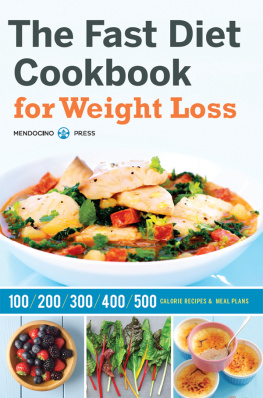
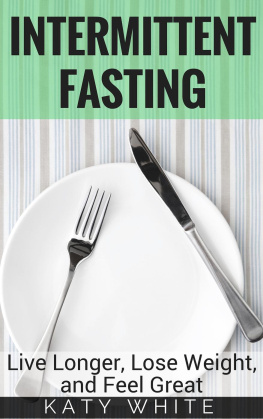
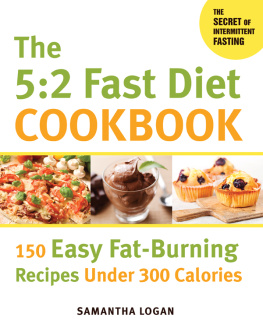
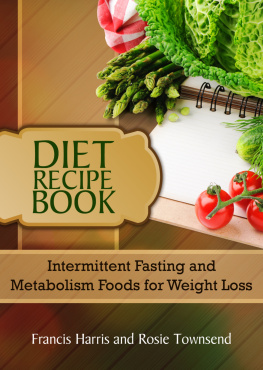
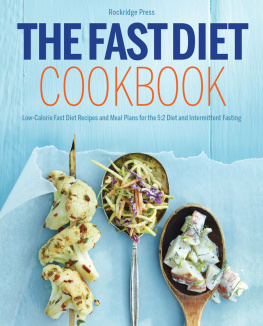
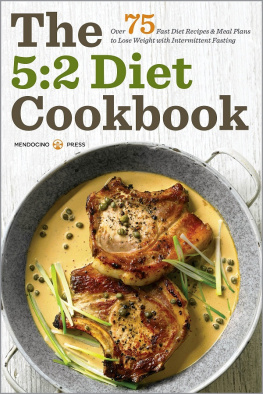
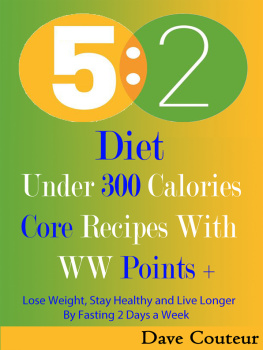
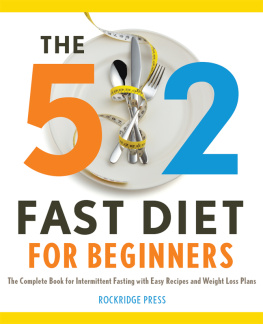
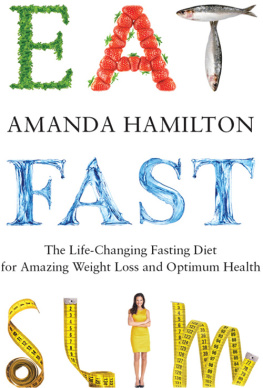
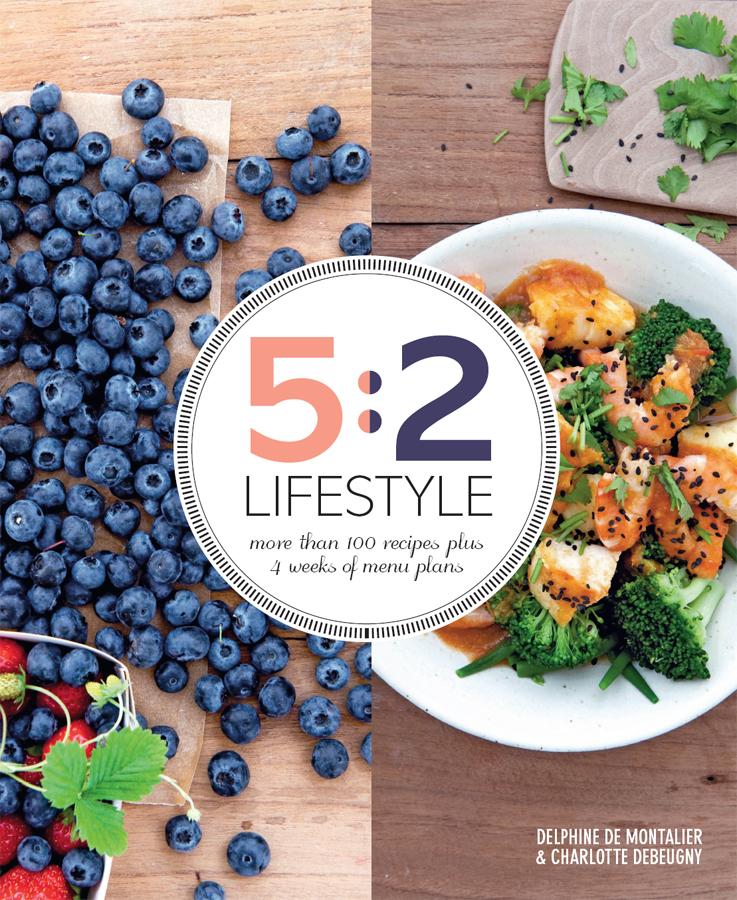




 Can you really lose weight by dieting only two days per week?
Can you really lose weight by dieting only two days per week? Did you know?
Did you know?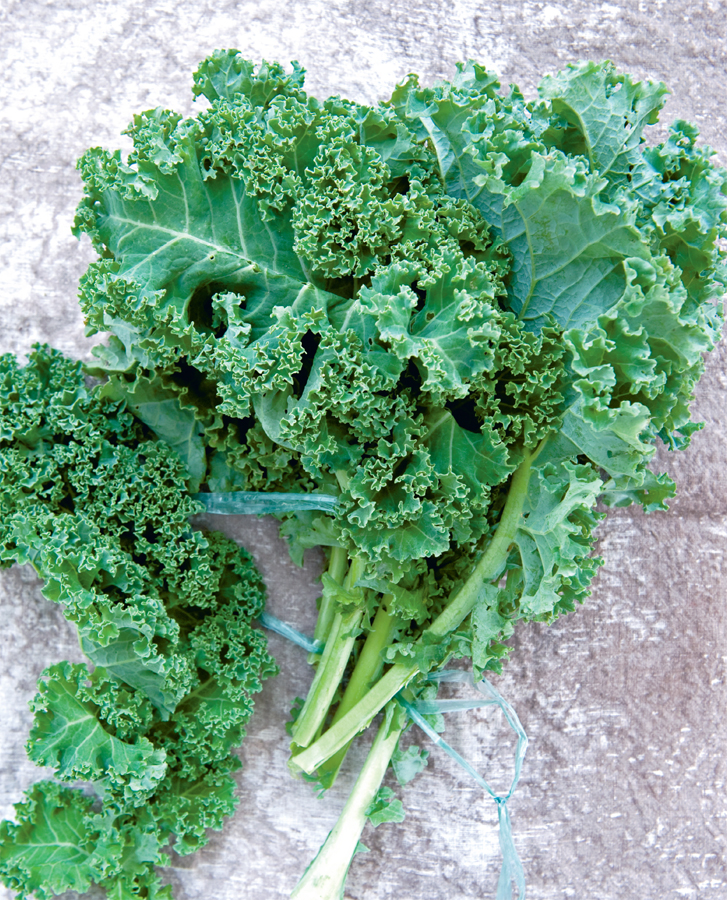

 How does it work?
How does it work?